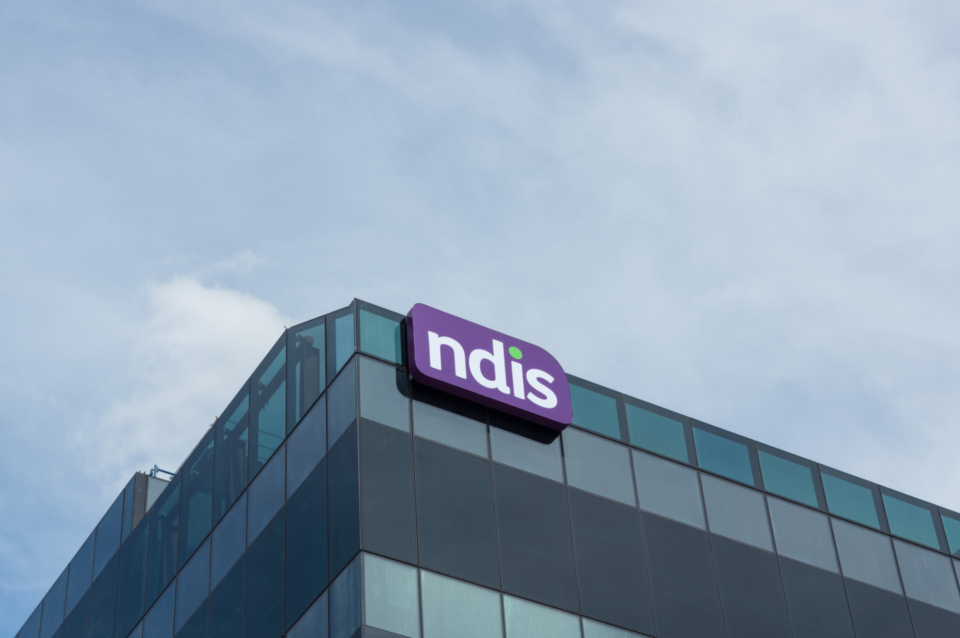
An election surprise, a Press Club debate, and investment inertia: 2025 in review
Posted on 10 Dec 2025
What a year 2025 has been, particularly at a national level where the Parliament and politics as we…
Posted on 24 Mar 2025
By Angus Crowther

Political commentator and advocacy expert Angus Crowther, who works with not-for-profits wanting to build their influence in government circles, warns that social media can backfire if organisations make missteps in their political messaging.
Social media, along with its “new media” counterparts such as podcasting, is the latest publicity vehicle providing visibility opportunities like no other. However, savvy not-for-profits (NFPs) run the risk of being misunderstood or even labelled “political trolls” if they just dive straight in, with no clear strategy.
There is no question that social media provides the opportunity to engage with younger and unique audiences that may otherwise be difficult to reach through more traditional ways, like newspaper commentary or AM radio interviews.
Politicians have increasingly embraced social media, most recently Prime Minister Anthony Albanese, who was interviewed a few weeks ago on popular media personality Abbie Chatfield’s podcast, It’s a Lot. This move mirrors strategies seen in the USA during its recent election campaign – think of former vice president Kamala Harris’s appearance on the podcast Call Her Daddy or President Trump’s interview on Joe Rogan’s The Joe Rogan Experience.
Polling published a couple of days ago suggested that Labor had managed to “claw back ground” in critical marginal seats. Voters cited the Abbie Chatfield interview as a reason why they viewed the party favourably.
It is interesting to consider how much the media landscape has changed. Just a few years ago, a politician would have been advised against appearing on a podcast hosted by a controversial former reality star, despite her large following.
Today, that same podcast proves to be a savvy choice for engaging with a demographic that may be difficult to reach through traditional media. Video reels from these podcasts are widely shared across social media, news outlets, and lifestyle platforms, significantly extending their reach.
"Many Australian charities have done an excellent job in using social media to their advantage, connecting with their audience and sharing their messages."
This demonstrates the growing importance of podcasts and social media as tools for connecting with younger audiences, who almost all have daily access to social media, and many of whom use it as a means of staying in touch with the news.
Many Australian charities have done an excellent job in using social media to their advantage, connecting with their audience and sharing their messages. UNICEF is a great example. The organisation uses its social media platforms to share its critical work in advocating for children’s rights, which includes meeting with politicians and other government stakeholders.
Supporters can view posts and reels about child protection, health and education, as well as this advocacy. A focus on storytelling brings a human element to the challenges faced by youth globally, and these real-life encounters inspire donations and local action. Meanwhile, political posts build goodwill with decision-makers, while also showcasing UNICEF’s advocacy capabilities.

However, NFPs must be mindful of how they engage online. Without the right guidance, social media posts can backfire and lead to reputational damage or other crises. In the last federal election campaign, we saw a number of NFPs caught out for being seen as too partisan.
Guide Dogs Victoria, for example, was in the news for all the wrong reasons because of the unfortunate actions of its (now former) chief executive. Guide Dogs Victoria wasn’t alone in taking a political misstep, and it’s likely we’ll see even more through the upcoming campaign.
With ACNC advocacy guidelines looming in the minds of NFPs, it’s important to remember that while social media is a convenient tool for visibility and engagement, it needs to be handled cautiously. It’s wise to have a plan, and treat your social media strategy like any other business area in your organisation. Keep these principles in mind:
Share your wins and let your voice be heard: Be loud and proud about your achievements, but ensure your audience understands the context.
Don’t pick sides: Engage with both sides of the political aisle and share content from both equally.
Keep it concise: Social media is set up for short-form content. Complex ideas should be shortened into digestible snippets that engage your audience and encourage them to explore your other communication channels.
Share what’s important to you and provide insightful commentary: Use your platforms to engage in constructive conversations and provide useful commentary on trends and news that aligns with your vision.
Stay authentic: Use social media as the place to share your perspective on the news and your own objectives, ensuring your messaging remains clear, consistent, and true to your organisation's values.
By following these strategies, NFPs can maximise their visibility and impact on social media, while avoiding missteps.
Political commentator and advocacy expert Angus Crowther works with not-for-profits that want to build their influence in government circles.

Posted on 10 Dec 2025
What a year 2025 has been, particularly at a national level where the Parliament and politics as we…

Posted on 26 Nov 2025
Charities and not-for-profits can be outstanding advocates for their cause, their community, their…

Posted on 12 Nov 2025
Managing a charity or not-for-profit in Australia is often more complex than it may appear. On any…

Posted on 29 Oct 2025
One of the most contentious debates across many areas of human services is the for-profit versus…

Posted on 28 Oct 2025
Workers in the not-for-profit sector lift up communities, care for those in crisis and do work that…

Posted on 08 Oct 2025
The cost of climate change's impact on Australian life is increasingly well documented. The…

Posted on 08 Oct 2025
The Wurundjeri Indigenous people who live in and around Melbourne understand their environment as…

Posted on 30 Sep 2025
I am proud of what Our Community, and its exceptional team, have achieved in the past 25 years. As…

Posted on 24 Sep 2025
If a business ran the government, a corporatocracy would likely emerge, prioritising profit over…

Posted on 09 Sep 2025
This has been another big week in the evolving story of tech oligarchs versus Australia, profit…

Posted on 03 Sep 2025
The problem with the NDIS is not autistic families or children, says Annabel Rattigan, a leadership…

Posted on 27 Aug 2025
It used to be that businesses could concentrate on profits, profits and profits, only playing in…